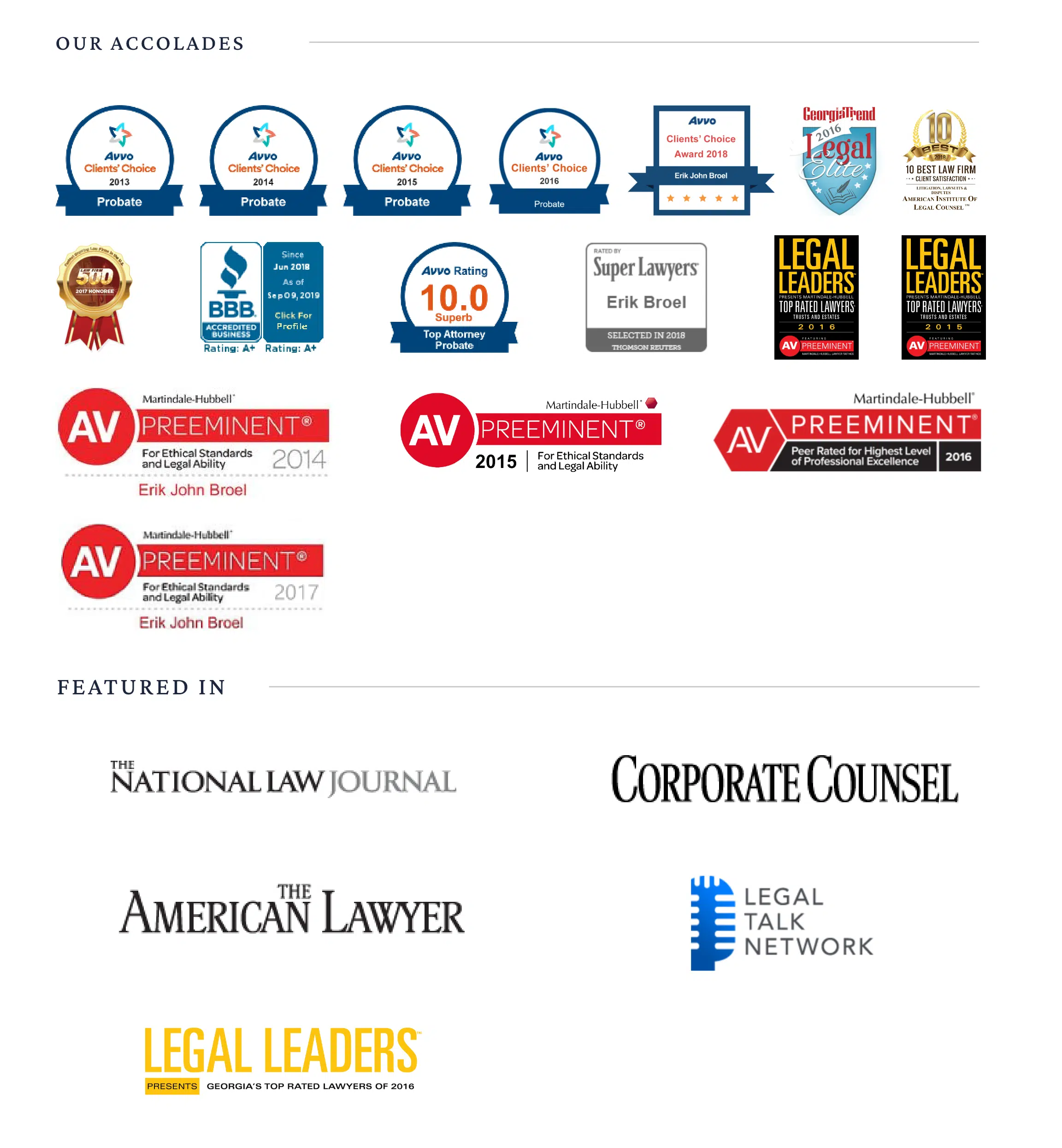When they pass away, people often want to leave their assets and properties to persons they care about. But sometimes, the deceased doesn’t make a will or dies with debts, and in such cases, their property must go through a probate process before being distributed to the legal beneficiaries. When there is insufficient liquidity, this legal process will involve a probate sale, in which the probate courts oversee the sale of any real estate owned by the decedent.
You may be entitled to inherit the real estate or need to act as an executor or administrator of an estate that owns this property. Or there may be an option for potential buyers to purchase the real estate. Either way, you’ll need to understand the probate sale meaning.
In this article, we’re going to walk you through the basics of probate sales: what they are, how probate sales work, and how long they can take.
In real estate, a probate sale refers to the late person’s property that is now being sold during the probate process.
Probate sales are administered by the Personal Representative over the estate and occur when there is a need to sell real estate that is part of the deceased person’s estate.
There are many reasons why a property may be sold through the probate process.

If the deceased left a will and has been probated and accepted by the probate court, the appointed executor will be responsible for carrying out the terms of the will. If the testament states that the probate home will be sold, then the executor must perform that task.
In a Georgia estate situation, according to state laws, creditors must be satisfied before heirs or beneficiaries receive any probate properties. If the deceased did not have enough money to pay any outstanding creditors, then the executor or administrator must sell the real estate to satisfy those creditors.
When the deceased passes away without a will, the family will often nominate someone to become appointed as the estate’s representative.
If the appointed administrator has full authority to sell the property, they may move forward with the legal proceedings for doing so. After outstanding creditors are satisfied, the home sale proceeds would be divided between the heirs.
If the heirs or beneficiaries do not agree on what to do with the property, the court may need to get involved and decide whether to force the probate home sells.
These are the most important reasons why probate real estate can be sold. However, there are other potential reasons why the estate administrator or executor decides to sell the deceased’s property.
The answer to this question depends on several factors. Whose name is on the title of the house? Is the property solely owned by the deceased, or does it have more than one co-owner?
If the home is titled as JTWROS, the ownership will automatically transfer to the surviving person(s) listed on the deed. In the case that it is not JTWROS, then a portion of the property may have to go through the entire process of probate, similar to when the late person solely owns the home.
If it is not Joint Tenants with Rights of Survivorship (abbreviated as JTWROS) and the tenant’s name is on the deed, then they are considered co-owners of the property and hold a specific interest in the real estate. They may be allowed to live in their house until a time at which a decision is made on whether to sell the property. If one party wants to keep the property, there may be an option for the party to buy out the interest of the other party/parties.
This is a complicated process, and we recommend having an experienced probate attorney assist you.
Before the deceased person’s home can be purchased, probate proceedings must be opened, and the probate court must appoint a personal representative to settle the estate.
Once the executor or administrator (both known as a personal representative) accepts the role, they will receive a court order that outlines their authority, including any expanded powers that grant them permission to sell estate property.
If the court order did not grant them expanded powers, they would need a separate petition for leave to sell to gain permission to sell a home through probate.
Determining the Value of Probate Real Estate
Before selling any property, the Georgia Probate Court requires an appraisal. Estimating the appraised value of a probate property involves considering factors such as its size, location, and condition.
It is best to hire a professional appraiser to determine the listing price of the real estate, as it can take time and be tricky to do it yourself. If you need help finding an appraiser, you can request a recommendation from your chosen real estate agents.
Assuming there are no disputes that would cause delay, the probate sale process typically takes between 6 and 12 months.
That’s because the property will have to go through certain probate proceedings, such as property appraisal and paperwork.
In the case of an estate sale, the owner of the property has passed away. For someone to sell the property, the probate court must appoint a personal estate representative.
The appointed personal representative can have expanded powers (which will give him or her the authority to start the probate sale without court confirmation) or limited powers.
If the administrator/executor is appointed without expanded powers, they may be required to file a petition with the probate court requesting permission to sell the property before moving forward.

In a traditional sale, the property owner is living and can sell their property. Once the property has been sold to the interested buyers, the proceeds can be deposited directly into the seller’s bank account.
Selling and buying a house or property always come with pros and cons for both sellers and home buyers. Succession properties are no different. While for sellers, the disadvantages might be more emotional, the advantages are often financial:
No, probate sales can be purchased in various ways, including the buyer taking a loan to pay for the property.
Not necessarily.
After the probate court accepts the will and appoints the executor, they must satisfy all the creditors before transferring any property to the heirs. Without enough assets to pay what the estate owes, the personal representatives may have to sell the property.
If the real estate property remains intact after paying creditors, the executor will have to consider how the will describes the family member:
The probate court will need to appoint an administrator to manage the estate. The administrator must pay all outstanding creditors out of the estate assets. If the assets come up short, they may have to sell the property to pay off the debt.
After that, the family member who wants to keep the home may consider buying the remaining heirs out of their portion. If the heirs cannot agree on a fair market price for the interested buyer, selling the property may be an option to give everyone their fair portion of the estate.
It is recommended to have a probate attorney to guide you through the complex probate process in Georgia. It would be best to have a specialized real estate agent assist you with selling the property.
Our office is open to any questions or concerns you might have when dealing with a probate sale. You can reach us at (770) 796-4582, and we would be happy to assist you.
Disclaimer: The information above is provided for general information only and should not be considered legal advice. Our probate attorneys provide legal advice to our clients after talking about the specific circumstances of the client’s situation. Our law firm cannot give you legal advice unless we understand your situation by talking with you. Please contact our law office to receive specific information about your situation.
Compassionate listeners, knowledgeable guidance. Schedule a free consultation with our experienced attorneys and let us help you and your family with your legal concerns.
GET IN TOUCH 770-796-4685Learn Important Probate Essentials, including key things that go wrong in an estate, how to prevent them, and what to do if they happen.



© 2024 Georgia Probate Law Group by Broel Law, LLC. All rights reserved.